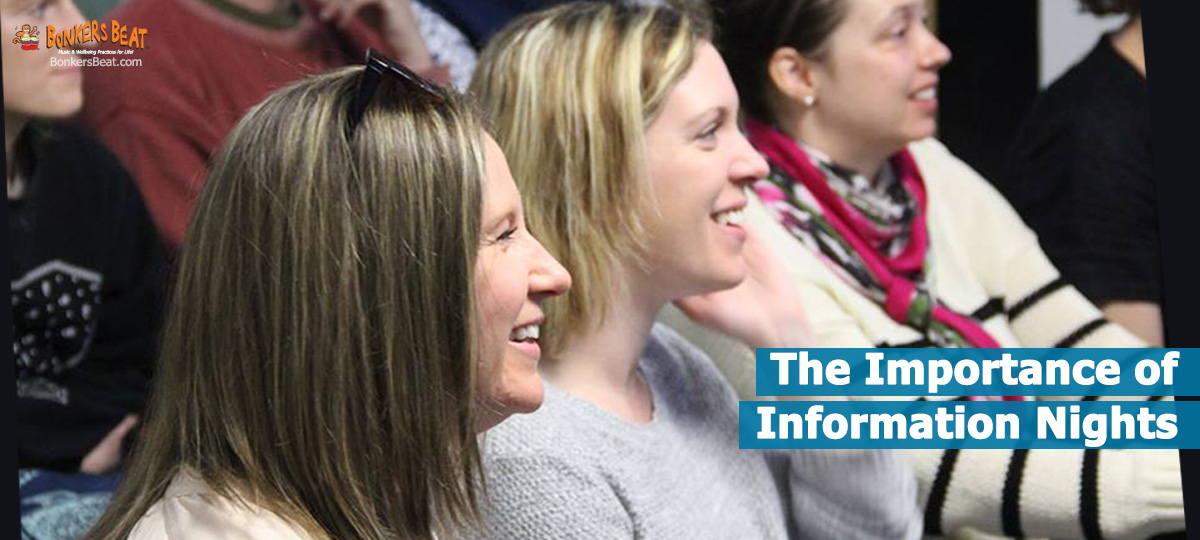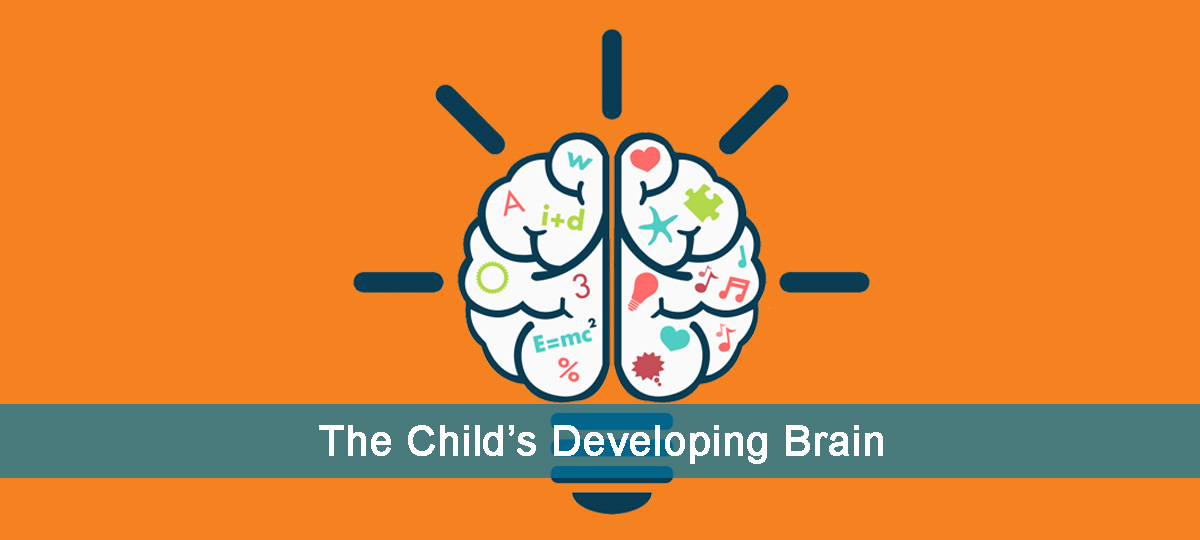Before we make any significant decisions, we all tend to seek out as much information as possible. This is particularly true of parents making decisions that will affect their children’s wellbeing and future. It is with this in mind that Bonkers Beat believes in the importance of childcare services hosting information nights, and parents taking the time to head along to them.
Let’s look at what centres should include in an information night, and then we’ll list some things that parents should be engaging with during a centre information session or tour.
Childcare centre information night checklist
Firstly, centre owners and directors may be thinking ‘do I really need to host an information night?’ and the simple answer to that question is YES! That is if you want to show your community and prospective families how your childcare service is a wonderful choice to give children the best start in life…
Here’s what to consider when arranging yours:
Time and date: Make your time and date accessible to your community. Look at what other events are on and avoid any schedule clashes.
Showcase your programs and point of difference: What makes your centre special? And how do you achieve great outcomes for children? Tell families and aim to show them too. Talk about your educational programs, your curriculum, your values and philosophy and how you are the best of the best!
Be open and transparent: Be ready to answer many questions – or better yet, put enough information across that there’s nothing left to ask! Openness and transparency are key to show parents that your centre is dependable, honest and communicative.
Include a tour: Always have time for families to tour the centre. It’s so important for parents to get a feel for space, as they need to discover whether it’s somewhere they feel comfortable with their children spending time. Talk parents through your environments and displays, explaining what children have been learning.
Parents, here’s what to look for
If you’re a parent looking for a childcare service, it can be overwhelming for a few reasons. Firstly, because there are so many options, and secondly, because you want to be 100% certain that your child is in safe, caring hands and receiving the high quality of early childhood education and care possible.
Here’s how to get the most out of a centre’s information night:
Come prepared: Make note of your priorities and values in a centre. Check the website, read the philosophy to ensure it’s in line with your family’s philosophy as well. Write down some questions to make sure you get all the answers you want and don’t leave forgetting things. However, you can always follow up later if you do remember something later.
Engage with the centre: Look around, check the displays, environments and the layout. Explore the outdoor area, crouch down low and see it with a child’s eyes. Make notes in your phone of the things you love, things you aren’t sure about. Be thorough.
Speak to the educators: A casual chat with the educators, manager, director – the more people you speak to, the better! Are they people you feel comfortable with, do they put you at ease?
Look at the facts: Outside of your personal opinions that are forming, look at factual information. Do they have awards or community partnerships? What educational programs are they running in the centre? What is their NQS Rating? What do other families say about them?
An information session should be valuable for both centre and parents, and with a little planning and preparation, everyone will benefit!
At the end of the day, you wouldn’t buy a car without a test drive, so giving families the opportunity to come and explore the place where they could be starting their child’s education is essential.
We are having an Information Night in November
The Bonkers Beat Music Kinder in Aspendale is hosting an Information Night on Thursday 7 November from 7.30pm – 8.30pm. It will include everything we’ve mentioned above to give families all the information they need to make the right decision for their children’s early childhood education. If you are a parent considering a centre in Melbourne’s South-East Bayside area, learn more or register to attend the Bonkers Beat Information Night here.


